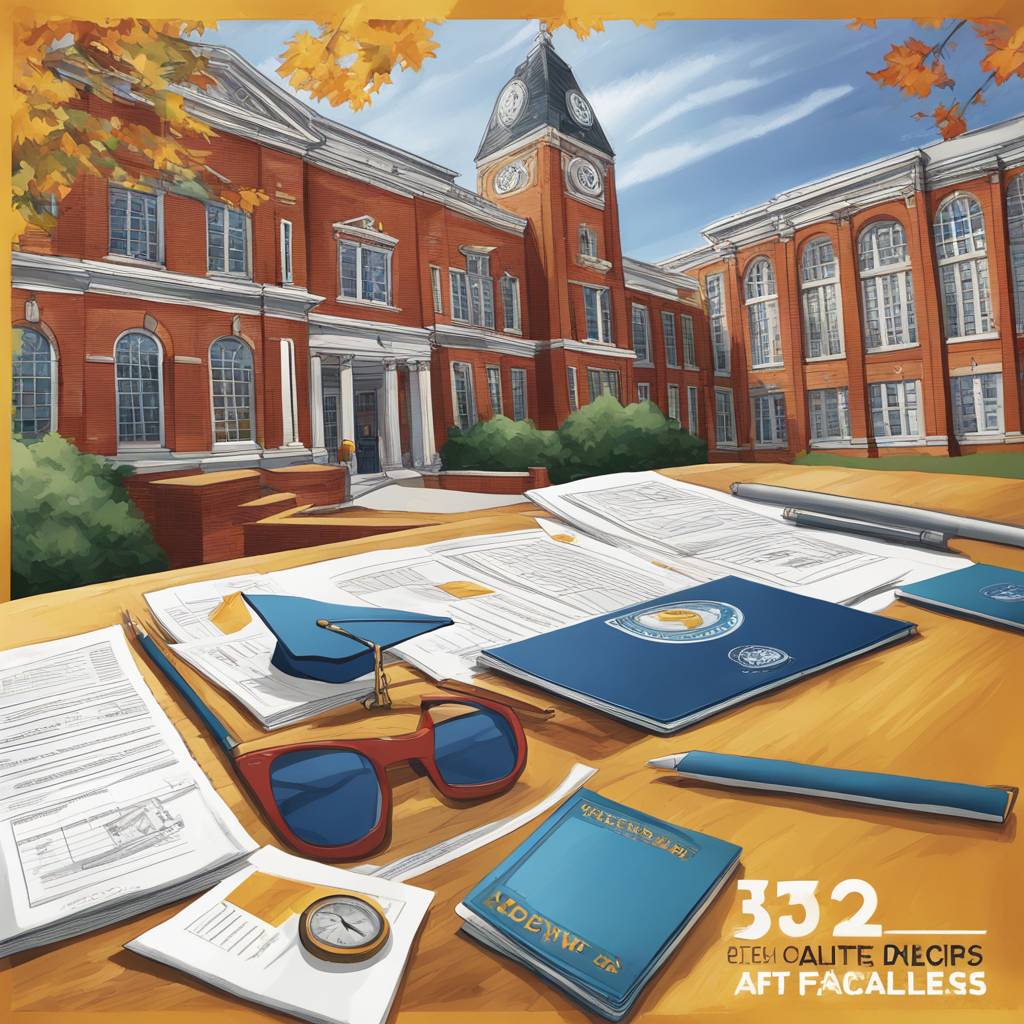The U.S. Department of Education has caused delays and challenges for families with children heading off to college this year. The Free Application for Federal Student Aid (FAFSA) for the upcoming academic year was not available until December of 2023, instead of the usual October launch. The revamped FAFSA also experienced technology problems after its release, leading to a partial outage until January. Additional delays meant colleges did not receive the first FAFSA data until the last week of February, putting financial aid award letters behind schedule and leaving families with less time to make important college decisions.
With fewer students submitting the FAFSA by the end of February 2024 compared to the previous academic year, families are facing uncertainty regarding their financial aid eligibility. The new FAFSA changes have replaced the Expected Family Contribution (EFC) with the Student Aid Index (SAI) calculation, which may affect families with multiple dependents in college. The inclusion of assets like family-owned small businesses and farms in the financial aid assessment adds to the complexity and potential impact on aid eligibility.
To help families cope with the FAFSA delays, some colleges and universities have extended their enrollment deadlines beyond the typical May 1st cut-off date. Over 200 institutions have pushed their enrollment deadlines to June 1st or later, with some schools allowing enrollment well into August 2024. Despite the challenges of making a college decision with limited financial aid information, families are urged to explore alternative ways to pay for college, apply for scholarships, and prepare to make rapid decisions once financial aid award letters are received.
The 2024-25 academic year is expected to face a bumpy start due to the FAFSA delays and subsequent impacts on college decision-making. Families are advised to act quickly, fill out the FAFSA form, assess their financial situation, and seek scholarship opportunities to help cover higher education costs. By being proactive and prepared, families can navigate the uncertainties of this academic year and make informed decisions regarding their children’s college education.
It is essential for families to stay informed about the latest developments in financial aid and enrollment deadlines at colleges and universities. The National Association for College Admission Planning has compiled a helpful database of schools extending their enrollment deadlines, providing valuable information for families navigating the challenges of the current academic year. By staying proactive and exploring all available options for financial assistance, families can overcome the obstacles created by the FAFSA delays and ensure a smoother transition into the upcoming academic year.


